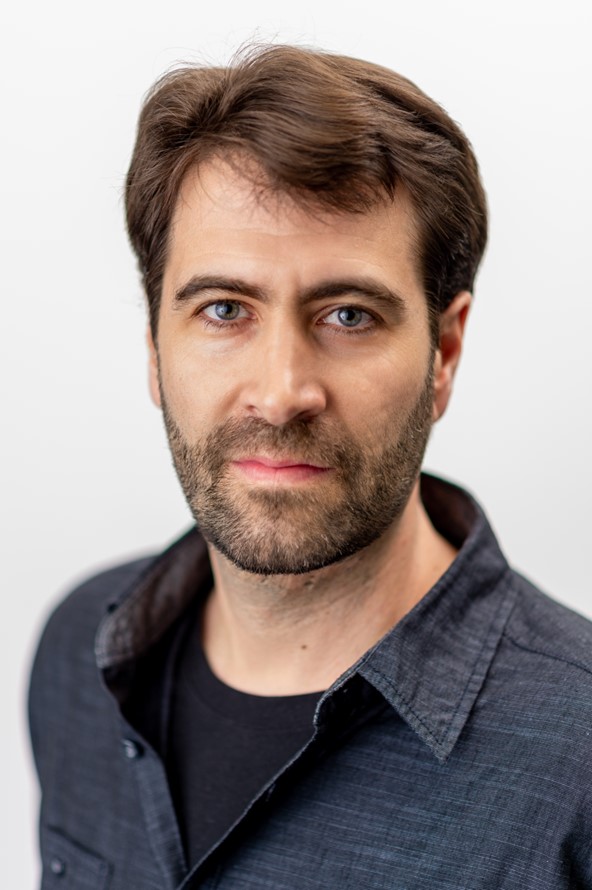Dr. Díez-Pérez obtained his degree in
Chemistry from the University of Barcelona in 2001. He completed his Master’s
degree in Electrochemistry at the Physical Chemistry department of the same
university, and continued with his PhD project trying to deepen into the
fundamental aspects controlling Passivation and Corrosion processes at
metal/electrolyte interfaces. An essential part of his PhD training was
conducted in several international renowned institutions such as the Lawrence
Berkeley National Lab in USA and the University Pierre Marie-Curie in France.
His PhD research resulted in the development of a novel electrochemical
tunneling spectroscopy approach to interrogate meta/electrolyte interfaces at
the nanoscale; work that was awarded with the ISE-prize Hans-Jürgen-Engell in
2008. After graduating in 2006, he enjoyed a Marie-Curie fellowship to embark in
a postdoctoral project in Arizona State University under the supervision of
Prof. Nongjian Tao. There, he explored fundamental aspects of charge transport
of metal/molecule interfaces and immersed in the field of Single-Molecule
Electronics. He develop new methodologies to demonstrate basic electrical
behaviors in a single-molecule wire, namely, diode effect, transistor behavior
and electromechanical effects. In 2011, he received an European Reintegration
grand to work as a senior researcher at the Institute for Bioengineering for
Catalonia, where he created a new research line in BioMolecular Electronics. In
2012, he got his assistant professor position at the Physical Chemistry
department of the University of Barcelona, and tenured associate Prof in 2015.
In 2017, he obtained a prestigious ERC Consolidator award focused on studying the
effects of force fields in Biology. The same year, he moved to the department
of Chemistry at King's College London as full Professor, where he currently
supervises a wide variety of projects involving the study of fundamental charge
transport in (bio)molecules, spanning from simple synthetic backbones to
complex biomolecular moieties with the aim of understanding the underlying
mechanisms of bioelectricity.

